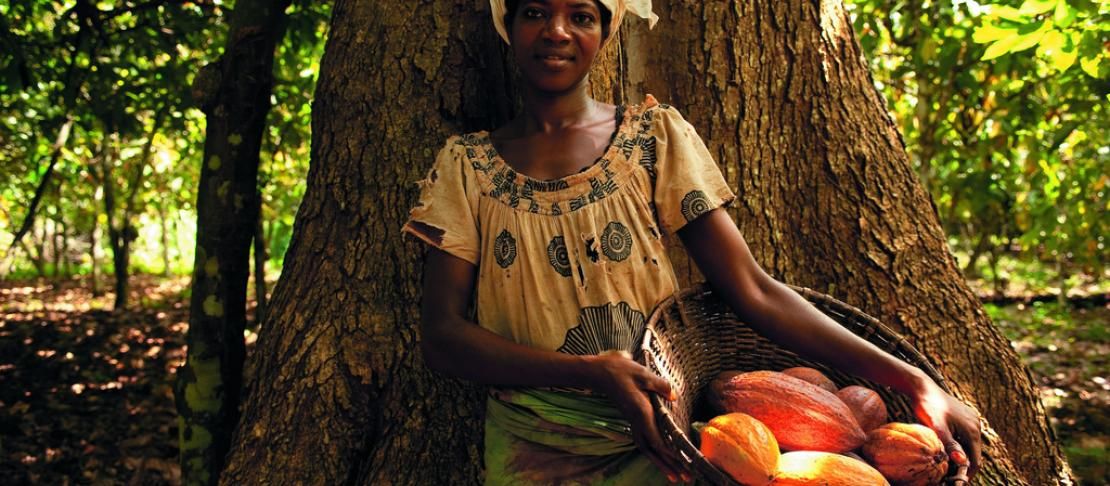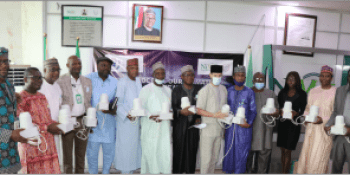Mobilizing private sector partners for climate action in the cocoa value chain

Summary
The research was implemented in collaboration with the International Center for Tropical Agriculture (CIAT) and the International Institute of Tropical Agriculture (IITA).
Efforts to ensure the use of CCAFS climate science and site-specific climate-smart agriculture (CSA) practices in the Rainforest Alliance voluntary certification scheme and in impact investment approaches implemented by Root Capital began in 2015. The project leverages existing smallholder value chain interventions to translate climate science into actionable strategies for farmers and supporting actors, including agricultural businesses, voluntary certification schemes, and investors, across a number of geographies using smallholder coffee and cocoa systems in Africa and Latin America as model cases. Initial outcomes include a clear demand from private sector partners for improved information on climate change and cocoa in Ghana expressed by the widespread use of exposure maps at the recent global World Cocoa Foundation partnership meeting. Companies such as Hershey’s, Mars, Lindt, Tom’s, Guittard and Tcho as well as key trading houses like ECOM, Olam and ADM have shown interest, and some have offered to provide additional data to further improve the models. The World Cocoa Foundation has also requested further engagement to mainstream results at the sector level.
The long-term objective is defined as adoption of recommended CSA practices by 15% of global cocoa producers and 7% of global coffee producers, as well as the provision of USD 350 million of tailored financial products to producer organizations, traders, exporters, and other key value chain actors by 2019.
Key facts
- Ghana is the world’s second largest exporter of cocoa. Climate change and variability are projected to impact the sector significantly
- About 70% of the global cocoa supply is from West Africa, produced by smallholder farmers, who individually use less than 5 ha of land
Lessons: key elements of success
- Partnership between various actors including agricultural/climate scientists, voluntary certification bodies, and impact investors
Further reading
- Successful workshop on climate-smart cocoa in Ghana
- Building climate resilient cocoa value chains in Ghana
- Ghana workshop on climate smart cocoa a success
- Cocoa production in Ghana needs to confront heat and drought
Related research outputs
- Läderach P, Martinez-Valle A, Schroth G, Castro N. 2013. Predicting the future climatic suitability for cocoa farming of the world’s leading producer countries, Ghana and Côte d’Ivoire. Climatic Change 199(3-4):841-854.
- Van Asten P, Jassogne L, Vaast P, Läderach P, Schroth G, Lundy M, Asare R, Muilerman S, Ruf F, Snoeck D, Koko L, Anim-Kwapong G, Rossing W, Gockwoski J, Tamo M, Giller K, Six J, Vanlauwe B. 2015. Climate-smart intensification of West-Africa's cocoa systems. Poster. International Center for Tropical Agriculture (CIAT); International Institute of Tropical Agriculture (IITA).


